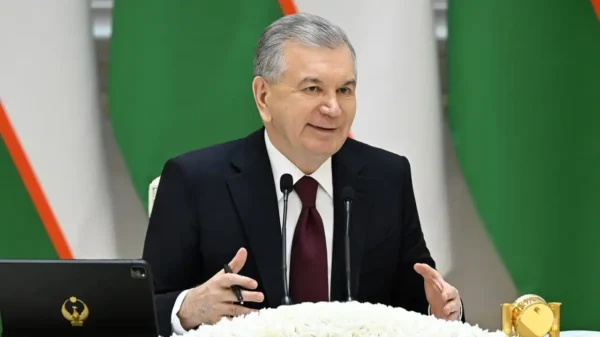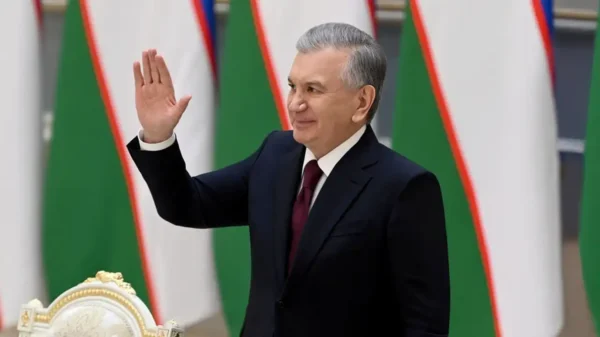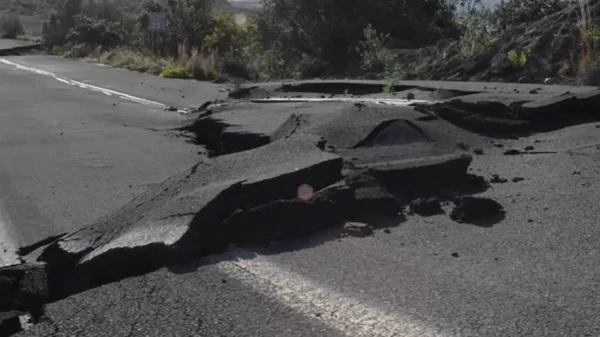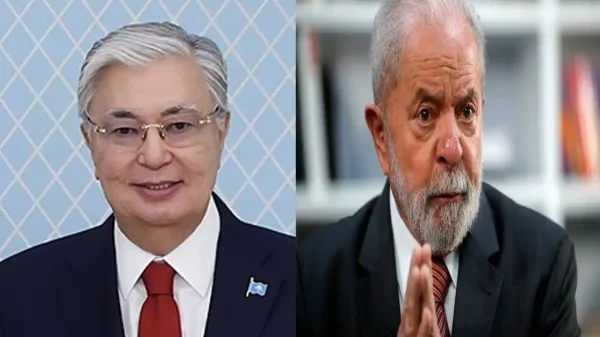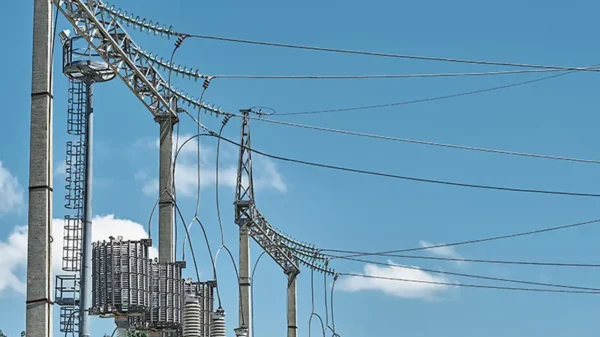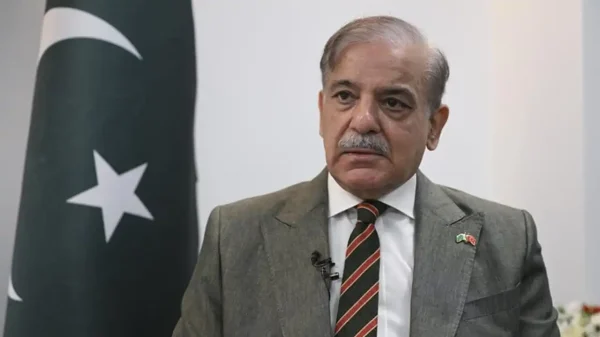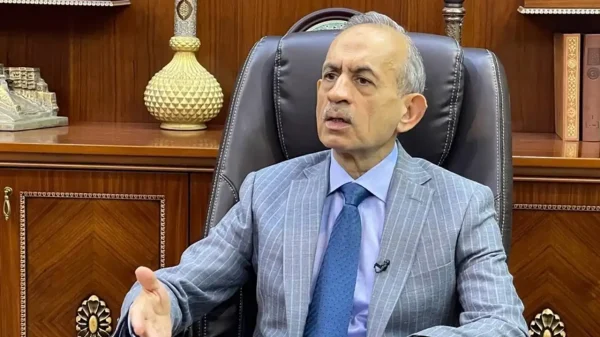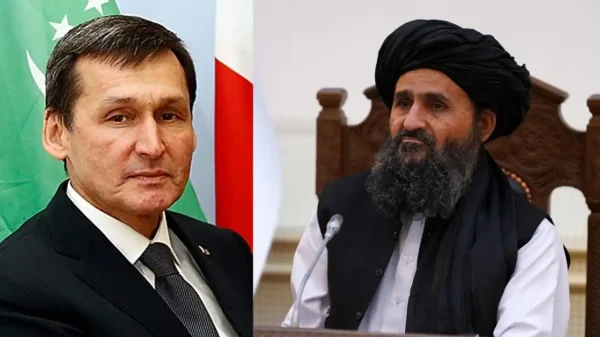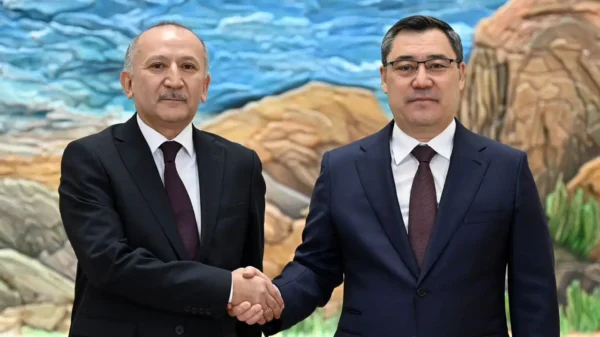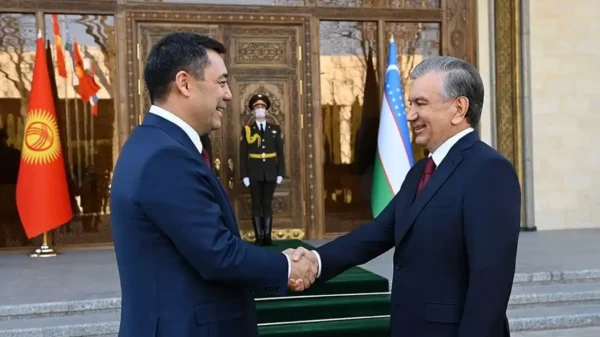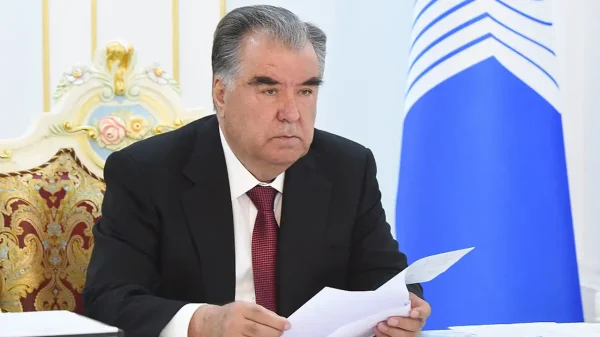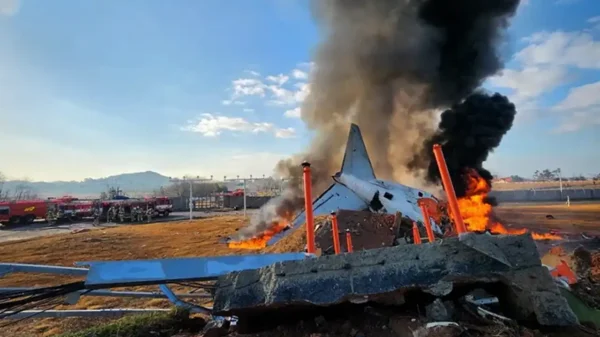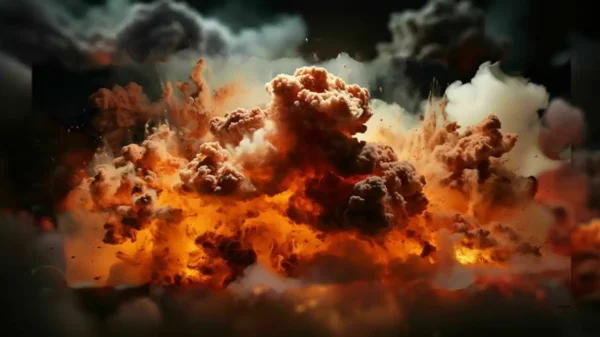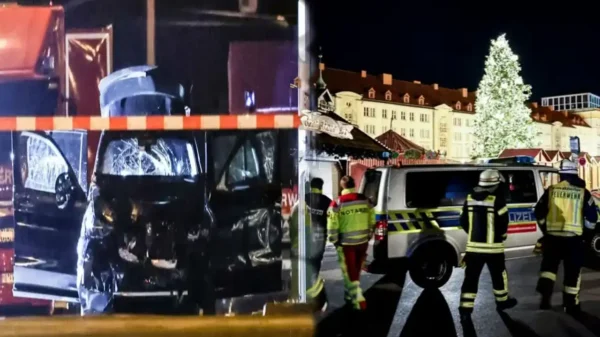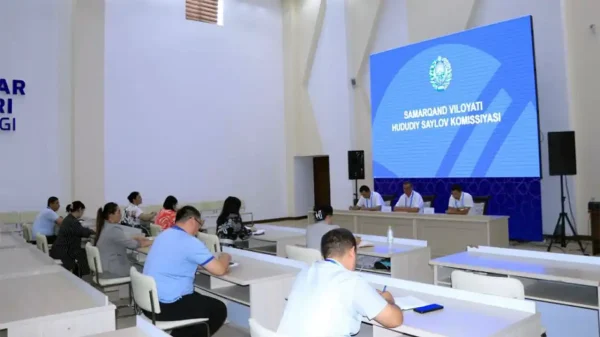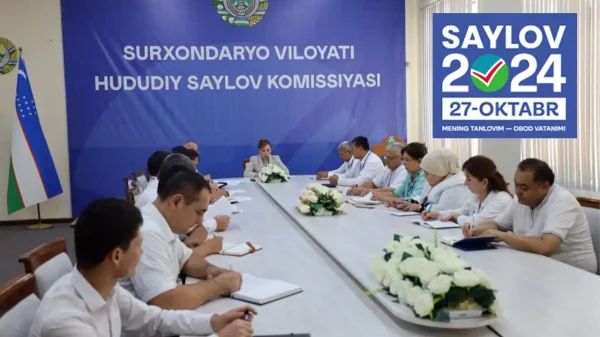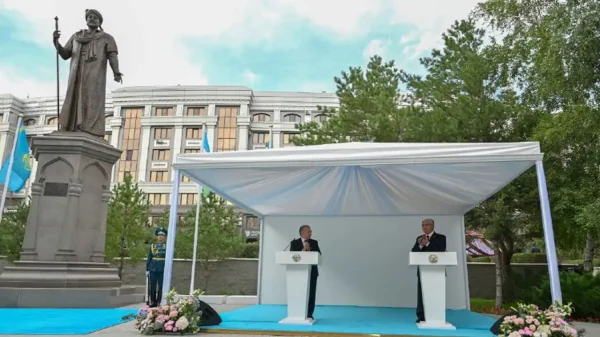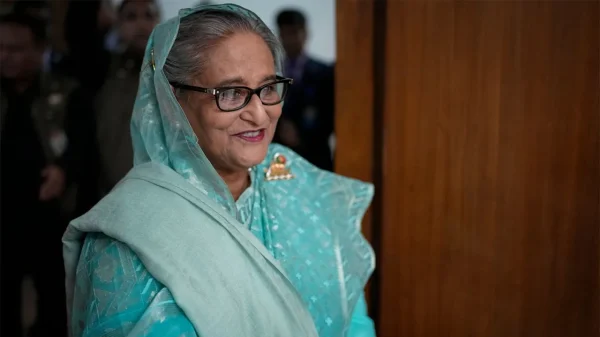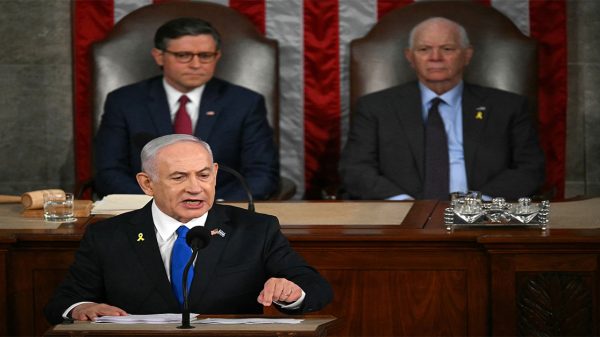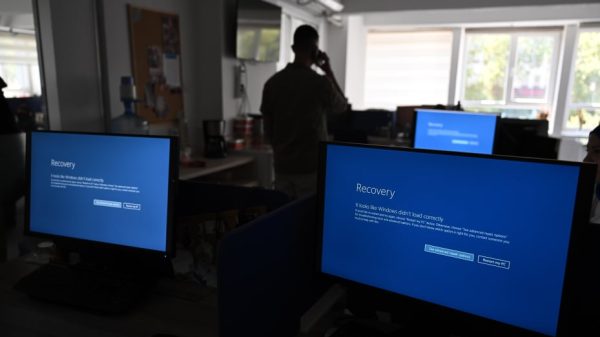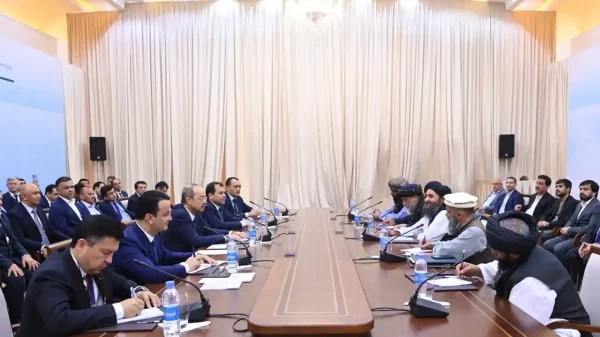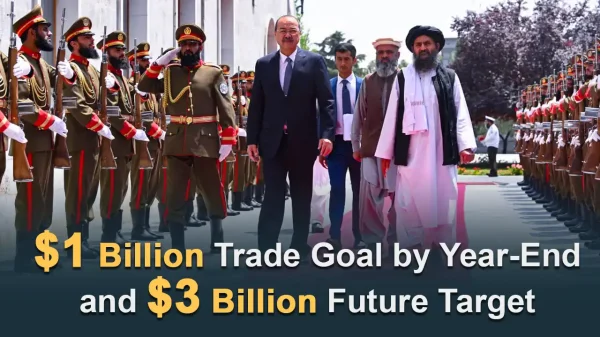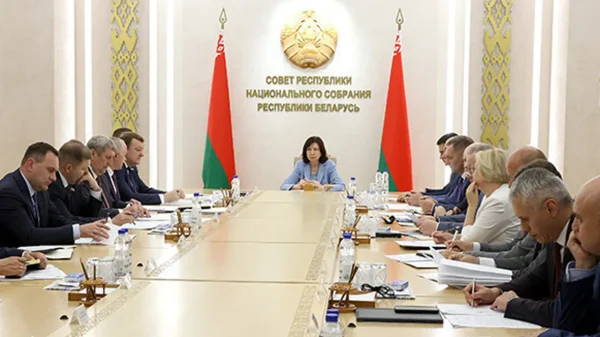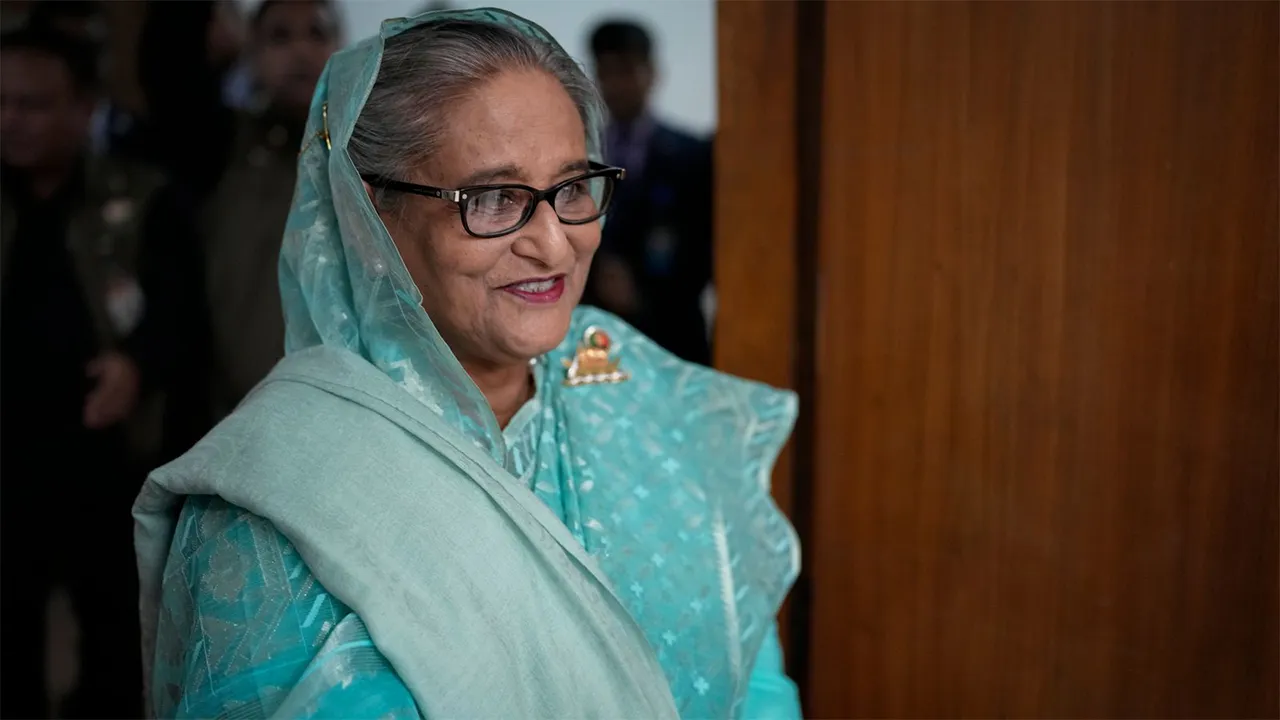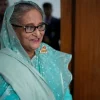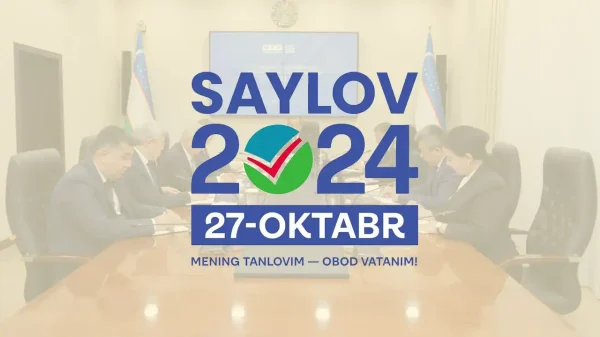Prime Minister Sheikh Hasina Resigns Amidst Widespread Protests in Bangladesh
Dhaka, Bangladesh – In a significant political upheaval, Bangladesh’s Prime Minister Sheikh Hasina has resigned and fled the country amidst escalating anti-government protests. The unrest, marked by deadly clashes and a military-imposed curfew, signifies a critical juncture for the nation, ending Hasina’s 15-year tenure as the head of government.
Widespread Unrest and Clashes
The crisis reached a boiling point when thousands of protesters stormed Hasina’s official residence in Dhaka on Monday. The protests, initially sparked by discontent over a government job quota system, quickly transformed into a broader movement against Hasina and the ruling Awami League party. Demonstrations, which began peacefully with frustrated students demanding reforms, escalated into violent confrontations with security forces.
Escalation of Violence
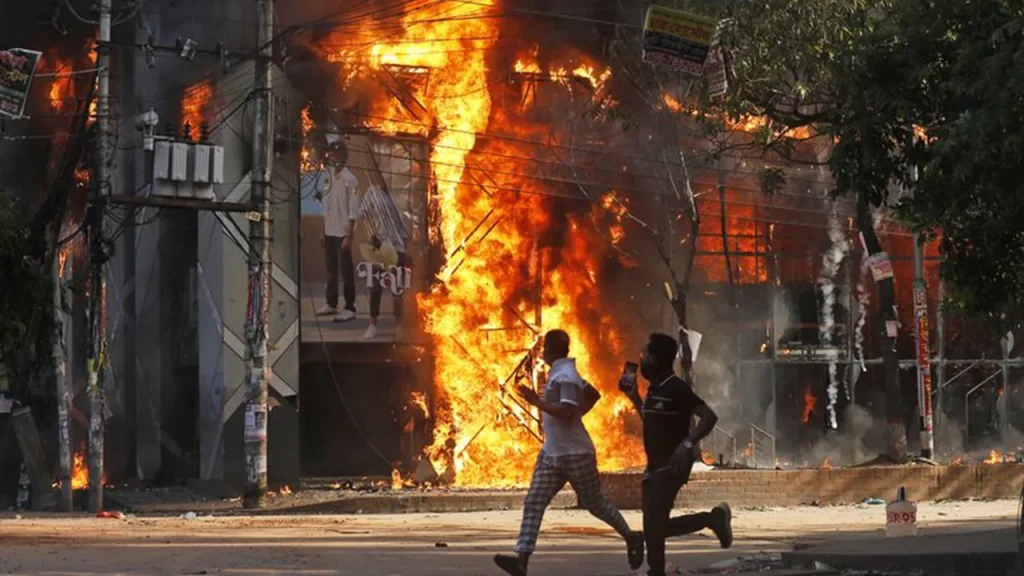
The government’s attempt to suppress the protests through force resulted in significant casualties. Over the weekend, approximately 100 people lost their lives, with further violence on Sunday claiming the lives of at least 95 individuals, including 14 police officers. The incidents were documented by Prothom Alo, a leading Bengali-language daily. The clashes not only resulted in fatalities but also left hundreds injured, further fueling public outrage and demands for Hasina’s resignation.
Internet Blackouts and Curfews
In a bid to control the situation, authorities implemented internet blackouts and curfews. Mobile internet services were first shut off on Sunday, followed by a suspension of broadband internet on Monday morning. This marked the second instance of internet shutdowns since the protests turned violent in July. The military-imposed curfew, initially announced for Dhaka, was later expanded to cover other divisional and district headquarters, restricting movement and gatherings.
Government’s Response and Public Reaction
The government’s efforts to quell the unrest included the announcement of a public holiday from Monday to Wednesday, alongside the indefinite closure of courts. Additionally, social media platforms like Facebook and messaging apps such as WhatsApp were rendered inaccessible, further isolating the public from communication channels.
Despite these measures, the protestors remained defiant. The military’s enforcement of curfew was met with widespread resistance, as demonstrators continued to gather and express their dissent. The protests represent an unprecedented challenge to Hasina’s administration, which has been criticized for its heavy-handed approach and alleged corruption.
The Future of Bangladesh’s Political Landscape
Sheikh Hasina’s resignation marks a pivotal moment in Bangladesh’s history. Her departure leaves a power vacuum, raising questions about the future leadership and direction of the country. The situation remains tense, with the possibility of further unrest as the nation navigates this transition.
The international community watches closely as Bangladesh grapples with this crisis. The outcome will not only shape the country’s political future but also impact its social and economic stability. As the dust settles, the people of Bangladesh await clarity on who will lead them in this uncertain time.
In conclusion, the resignation of Prime Minister Sheikh Hasina and her subsequent flight from Bangladesh is a momentous event, reflecting deep-seated discontent and unrest within the country. The protests, violence, and government response underscore the complexities and challenges facing Bangladesh as it seeks to address the demands of its citizens and move towards a more stable and inclusive future.



